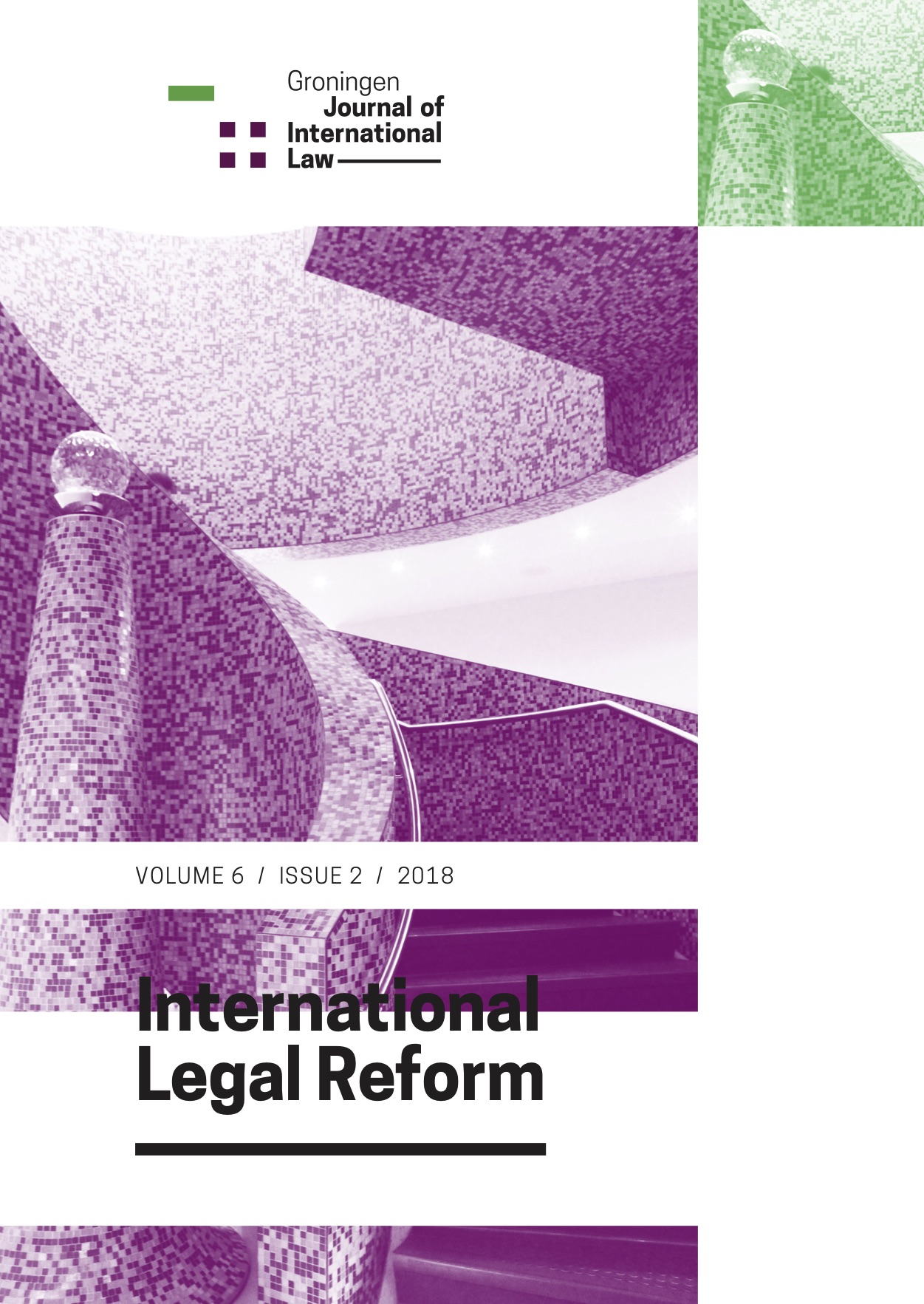Legitimacy Issues in Investor-Treaty Arbitration and How a Permanent Court May Be the Best Solution
DOI:
https://doi.org/10.21827/5bf3ea0c738f0Keywords:
ISDS, ICSID, UNCITRAL, LEGITIMACYAbstract
Investor-treaty dispute settlement is used by States and investors to resolve disagreements that investors may have with regard to their investment in the host state. Disputes are usually resolved through arbitration, and the process has all the trappings of general commercial arbitration. However, there have been calls for the system to be replaced by a permanent court structure. If a permanent court is the next step, this must mean that the current system has legitimacy issues which may be resolved by a permanent structure.
This article explores three problems with the current system: inconsistent decisions, lack of appeals, and lack of transparency. These are serious issues which affect the legitimacy of the current system. The discussion focuses primarily on the International Centre for Settlement of Investment Disputes (ICSID) system as this is the most common choice, and some mention is made of the United Nations Commission on International Trade Law (UNCITRAL) system. Throughout the article, I analyse the problems associated with these and how a permanent court may address these legitimacy issues. My argument is that a permanent court can weed out inconsistent decisions, have a fair and real appeals structure, and be sufficiently transparent as to as to allow or facilitate interested groups to act as amicus curiae. The discussion makes reference to the draft Transatlantic Trade and Investment Partnership (TTIP) because, through this, the European Union (EU) has proposed a potential permanent court structure.
Published
Issue
Section
Open Access Creative Commons


